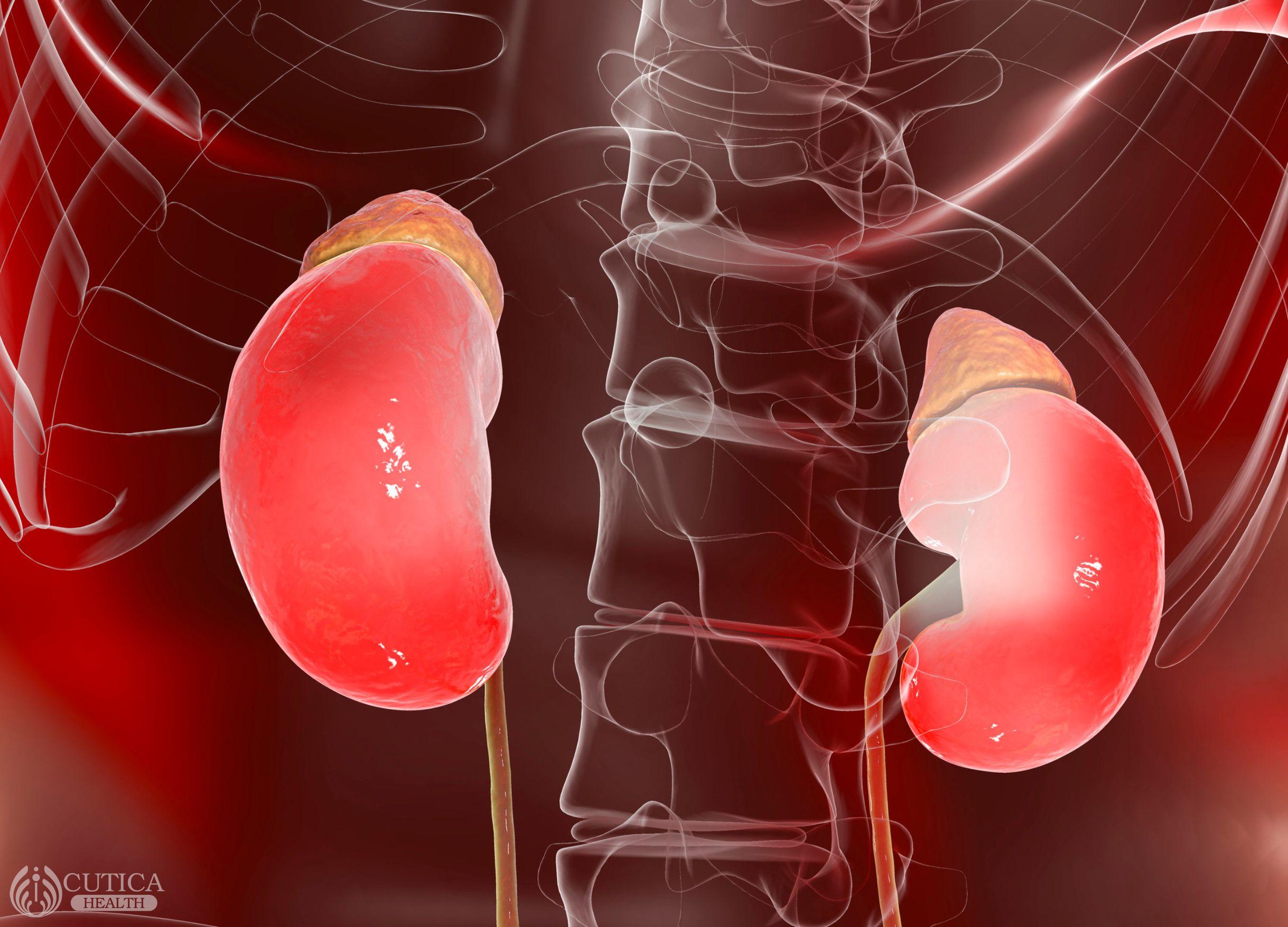It was a beautiful day, and everything was going as planned for the family of five. The eldest daughter, Ngozi, had just graduated from college with a degree in medicine, and they were all in high spirits. After the ceremony, they celebrated at a restaurant where they had their favourite food, wine, and music. However, things took a turn when Ngozi’'s father started experiencing excruciating pain on his right side. After a few hours at the hospital, the diagnosis was acute kidney injury. The doctors attributed it to his long history of heavy drinking.
Alcohol consumption is a common practice worldwide and legal in most countries. However, excessive alcohol intake can lead to several health complications, including kidney problems. Kidneys are a vital part of the body's filtration system, and their primary function is to remove waste products and excess fluids from the blood. When they fail to function correctly, the body's waste products accumulate, leading to serious health complications.
Effects of alcohol on kidneys
Alcohol has several effects on the kidneys. First, it is a diuretic, meaning that it increases urine production. Increased urine production leads to dehydration, which, in turn, can lead to kidney damage.
Second, alcohol consumption raises blood pressure levels, which strains the kidneys. Prolonged exposure to high blood pressure can damage the kidneys, leading to kidney disease.

Third, alcohol consumption can interfere with the kidneys' ability to filter waste products from the blood. The liver metabolizes alcohol, producing toxic byproducts such as acetaldehyde, which can damage the kidneys. Additionally, alcohol consumption can lead to the accumulation of uric acid, which can cause gout and kidney stones.
Symptoms of kidney damage
Kidney damage often goes unnoticed until it has reached an advanced stage. However, some symptoms may indicate that the kidneys are not functioning correctly. These include:
- Blood in urine
- Swelling in the legs, ankles, feet, or face
- Fatigue
- Shortness of breath
- High blood pressure
- Nausea and vomiting
- Loss of appetite
- Difficulty sleeping
- Muscle cramps
Prevention and treatment of kidney damage
Preventing kidney damage from alcohol consumption involves reducing or eliminating alcohol intake. This can help prevent the accumulation of toxins in the body, which can lead to kidney damage. Maintaining a healthy diet and staying hydrated can also help reduce the risk of kidney damage.
In cases where kidney damage has already occurred, treatment options vary depending on the severity of the condition. Mild cases may require lifestyle changes, such as reducing alcohol intake and following a healthy diet. More severe cases may require medication or dialysis to filter waste products from the blood.

Conclusion
Alcohol consumption can severely affect the kidneys, leading to kidney damage and disease. It is essential to practice responsible alcohol consumption and seek medical attention when symptoms of kidney damage are noticed.
Prevention is the best way to avoid alcohol-related kidney damage, and it involves reducing or eliminating alcohol intake and adopting a healthy lifestyle. Remember, your kidneys are vital organs that play a significant role in keeping your body healthy. Take care of them, and they will take care of you.


